Don't Soak Teflon Aluminum Pans
danab_z9_la
16 years ago
Related Stories

HOUSEKEEPINGHow to Clean Your Cookware So It Lasts
Avoid damage during everyday cleaning and stain scrubbing, with these tips for pots and pans made of popular materials
Full Story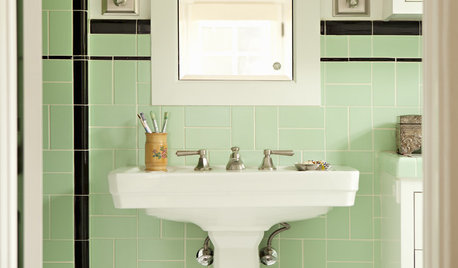
BATHROOM DESIGN9 Surprising Considerations for a Bathroom Remodel
Don't even pick up a paint chip before you take these bathroom remodel aspects into account
Full Story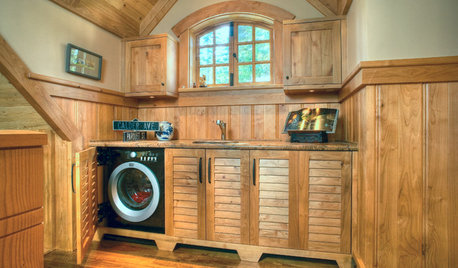
LAUNDRY ROOMSClever Ways to Hide a Laundry Station
When you don’t have a whole room to devote to the wash, use these solutions to tuck the machines out of view
Full Story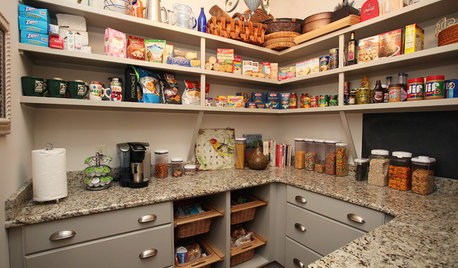
LIFEHow to Prepare for and Live With a Power Outage
When electricity loss puts food, water and heat in jeopardy, don't be in the dark about how to stay as safe and comfortable as possible
Full Story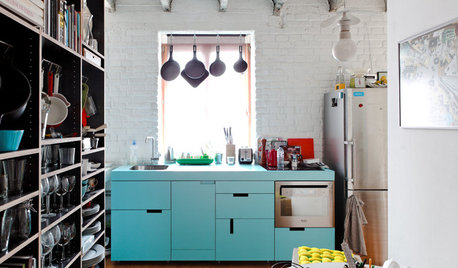
HEALTHY HOMEDetox Your Kitchen for the Healthiest Cooking
Maybe you buy organic or even grow your own. But if your kitchen is toxic, you're only halfway to healthy
Full Story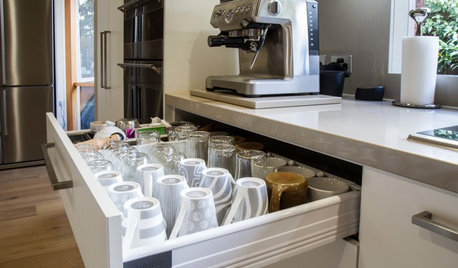
KITCHEN STORAGEPulling Power: Clever Drawer Tactics for a Kitchen
It’s not how many drawers you have in your kitchen; it’s how they work for you
Full Story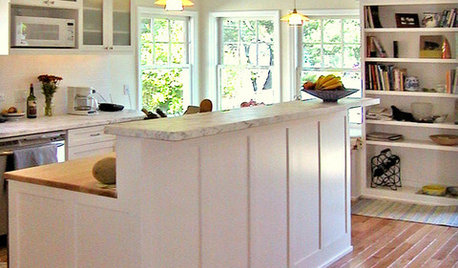
KITCHEN DESIGN8 Kitchen Organizing Ideas for Messy Cooks
Not the clean-as-you-go type? Not to worry. These strategies will help keep your kitchen looking tidy no matter what your cooking style is
Full Story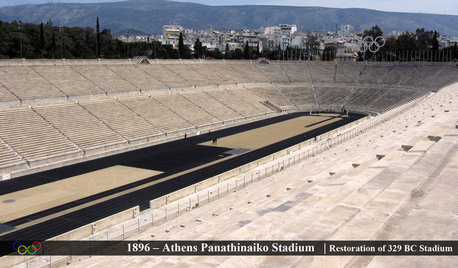
COFFEE WITH AN ARCHITECTOlympic Architecture Equals Gold-Medal Style
The architects who set the stage for the Olympic Games devise innovative designs that resonate long after the flame goes out
Full Story
BATHROOM DESIGNHow to Choose the Right Bathroom Sink
Learn the differences among eight styles of bathroom sinks, and find the perfect one for your space
Full Story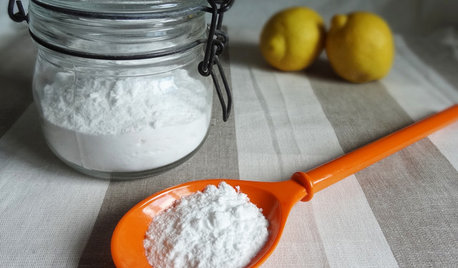
HOUSEKEEPINGBaking Soda: The Amazing All-Natural Cleanser You Already Own
Battle grime, banish odors and freshen clothes with this common nontoxic cupboard staple
Full StoryMore Discussions






lindac
danab_z9_laOriginal Author
Related Professionals
Charleston Furniture & Accessories · Reston Furniture & Accessories · Wilmington Furniture & Accessories · Portage Furniture & Accessories · Carlsbad Furniture & Accessories · Palmetto Bay Furniture & Accessories · Kingsburg Furniture & Accessories · East Patchogue Interior Designers & Decorators · Greensboro Kitchen & Bathroom Designers · Hammond Kitchen & Bathroom Designers · Springfield Kitchen & Bathroom Designers · Niles Kitchen & Bathroom Remodelers · Superior Kitchen & Bathroom Remodelers · Waukegan Kitchen & Bathroom Remodelers · Ridgefield Park Kitchen & Bathroom Remodelerslindac
ntt_hou
danab_z9_laOriginal Author
jacybug
stir_fryi SE Mich